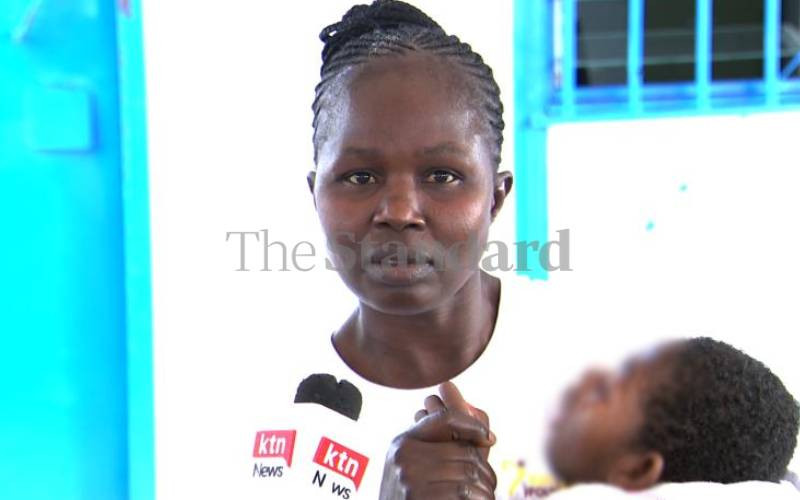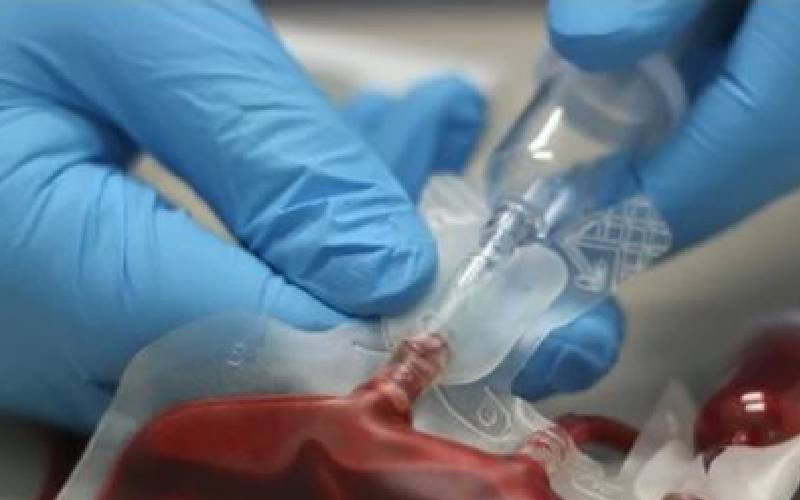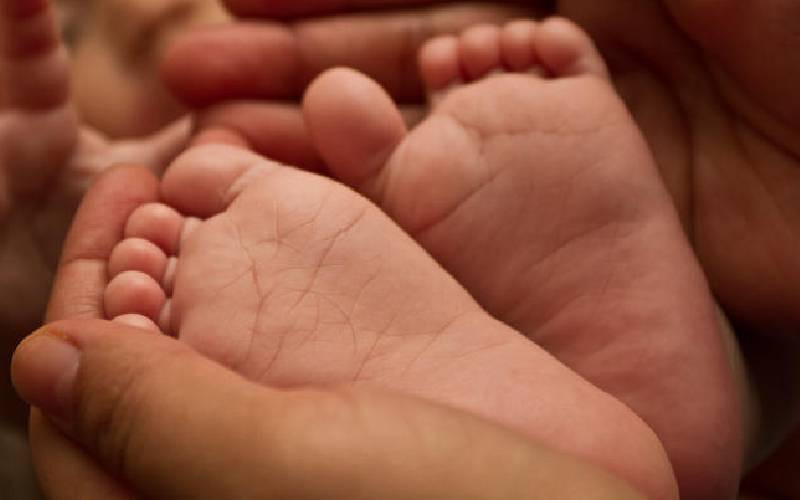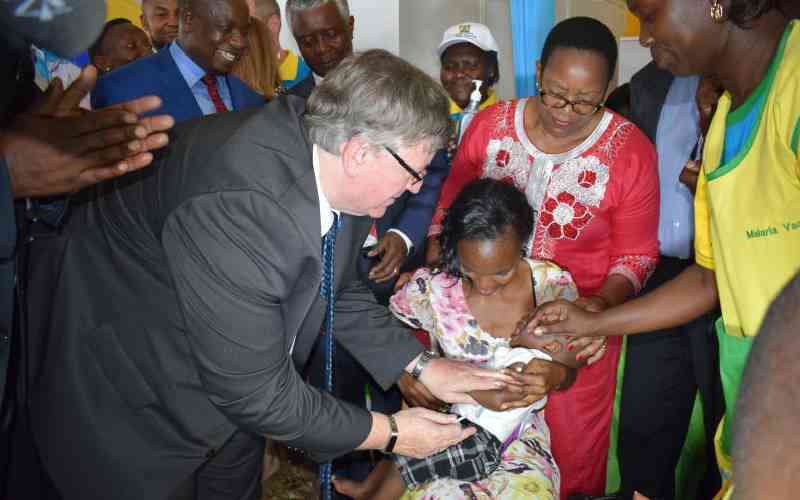
For Jennifer Nekesa, the path to understanding her daughter’s condition was a long and winding road fraught with challenges.
As a first-time mother raising a child with special needs, Nekesa found herself navigating uncharted territory, a maze of medical complexities associated with societal stigma.
The early signs during her pregnancy, Nekesa faced unexpected complications.
“There was a sudden increase in the baby’s weight, necessitating an early delivery. Upon Patience’s arrival, the newborn was so exhausted that she didn’t even cry,” she says.
After a three-week stay in the nursery, Nekesa was advised to take her daughter, Patience, home and continue her care. Little did she know that this was merely the beginning of a long and arduous journey.
Nekesa found herself making multiple unsuccessful visits to the hospital, desperately seeking answers for Patience’s unusual developmental delays.
It was not until Patience reached the age of two that the heartbreaking truth was finally revealed – she had Cerebral palsy (CP), a condition that affects muscle tone, movement, and motor skills.
- Raising a child with cerebral palsy is no walk in the park
- Diet tips to ensure your cerebral palsy child is healthy
- Provide free therapy sessions, parents of children with CP plead
- Parents of children with cerebral palsy get support through group on mobile app
Keep Reading
Like many parents in a similar situation, Nekesa found herself playing the caregiver role in a society that is so judgmental.
Levina Odera, another mother navigating the challenges of raising a child with disabilities, sheds light on the hurtful accusations and mistreatment these families often face.
“Us parents and caregivers often face hurtful accusations, such as our children being labelled as sacrificial offerings. We endure mistreatment and discrimination, even in supposed safe havens like daycare centres,” laments Odera.
The emotional toll is immense, with some caregivers even contemplating taking their own lives to escape the overwhelming burden.
Financial strain further compounds these difficulties, as essential medicines, therapies, and specialised care come at a steep cost. Most caregivers find themselves unable to leave their homes for employment opportunities, ending up trapped in a cycle of poverty and despair.
Understanding Cerebral palsy Dr Michael Mwangi, an occupational therapist involved in the rehabilitation of children with the disorders, sheds light on the complexity of this condition.
“Cerebral palsy can occur during three critical periods; before birth, during birth, or after birth up until around three years of age,” he explains.
Cerebral palsy impacts various developmental areas, including head control, crawling, sitting, and standing.
Additionally, complications during pregnancy, prolonged labour leading to birth asphyxia, infections like jaundice or meningitis, and head injuries before the age of three can all contribute to the development of Cerebral palsy.
Dr Kamau emphasises the importance of early intervention for children with Cerebral palsy.
“With timely and appropriate early intervention, children with Cerebral palsy can achieve better independence in life,” he says.
Mothers are advised to seek proper antenatal care, as complications during pregnancy or childbirth can increase the risk of Cerebral palsy. Early diagnosis and access to specialised therapies and support services can make a significant difference in a child’s developmental trajectory.
National Council for Persons with Disabilities (NCPWD) recognises the urgent need to support individuals with the condition and their caregivers.
“Our primary goal is to ensure that individuals with Cerebral palsy have access to education and support systems. We have programmes in place to sponsor and support learners with Cerebral Palsy, from early childhood education through university,” says Winnifred Mbogo, the chief disabilities services officer at the council.
While the Kenyan census captured 300,000 persons with developmental disabilities, NCPWD believes the actual number is much higher due to individuals being hidden away by their families.
 The Standard Group Plc is a multi-media organization with investments in media platforms spanning newspaper print
operations, television, radio broadcasting, digital and online services. The Standard Group is recognized as a
leading multi-media house in Kenya with a key influence in matters of national and international interest.
The Standard Group Plc is a multi-media organization with investments in media platforms spanning newspaper print
operations, television, radio broadcasting, digital and online services. The Standard Group is recognized as a
leading multi-media house in Kenya with a key influence in matters of national and international interest.











